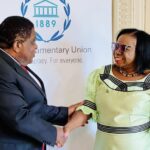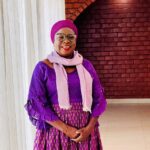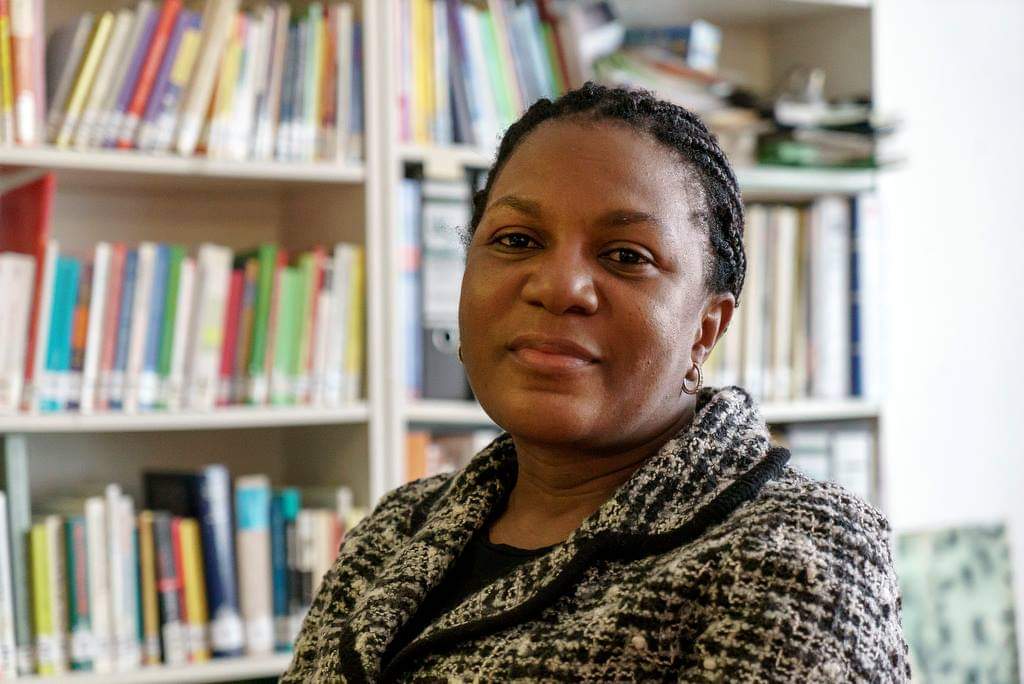Zambia’s literary scene is rich with voices that reflect its diverse cultures, histories, and experiences. Zambian writers and authors have made significant contributions to literature, both locally and internationally. Here’s a look at ten influential Zambian writers and authors who have left an indelible mark on the world of literature.
1. Dambisa Moyo
Dambisa Moyo is an internationally acclaimed economist and author whose works have influenced global discussions on economics and development. Her notable books, including “Dead Aid: Why Aid Is Not Working and How There Is a Better Way for Africa” and “How the West Was Lost,” offer critical insights into the impact of aid and the challenges facing developing countries. Moyo’s writing combines rigorous analysis with accessible prose, making her a prominent voice in contemporary literature.
2. Namwali Serpell
Namwali Serpell is a distinguished Zambian author and professor known for her literary fiction and academic work. Her debut novel, “The Old Drift,” explores themes of history, identity, and social change through a multi-generational narrative set in Zambia. Serpell’s innovative storytelling and exploration of Zambian history have garnered critical acclaim and established her as a significant voice in contemporary literature.
3. B. Chilala
B. Chilala, a prominent Zambian writer, is known for his contributions to literature through novels and short stories. His works often explore themes of identity, cultural heritage, and social issues, providing a nuanced perspective on Zambian society. Chilala’s storytelling reflects a deep engagement with the country’s cultural and historical contexts.
4. Kalumba Chileshe
Kalumba Chileshe is an influential Zambian poet and novelist whose work often addresses themes of social justice and cultural identity. His poetry and prose offer a reflective look at the complexities of Zambian life, blending personal experience with broader societal observations. Chileshe’s literary contributions have enriched Zambia’s literary heritage.
5. Ellen Banda-Aaku
Ellen Banda-Aaku is a prominent Zambian author and journalist known for her engaging children’s literature and novels. Her book “I Am Not a Witch” received critical acclaim for its portrayal of a young girl accused of witchcraft and its exploration of societal issues. Banda-Aaku’s work is celebrated for its compelling storytelling and ability to address complex themes with sensitivity.
6. Richard J. Skelton
Richard J. Skelton, a Zambian writer and academic, has made significant contributions to literature and scholarship. His works, including “A History of Zambia,” provide an in-depth analysis of the country’s historical and cultural development. Skelton’s writings are essential for understanding Zambia’s past and present.
7. William K. Kapesa
William K. Kapesa is a Zambian author known for his works that delve into themes of social justice and human rights. His books, such as “The Revolutionist” and “Tales of the South,” explore the complexities of Zambian society and its struggles. Kapesa’s writing reflects his commitment to addressing social issues and advocating for change.
8. Fred M’membe
Fred M’membe is a Zambian journalist and author known for his critical essays and commentary on political and social issues. His book “The Devil’s Dance” offers a sharp critique of contemporary Zambian politics and governance. M’membe’s writing provides valuable insights into Zambia’s political landscape and contributes to public discourse.
9. Muliokela K.
Muliokela K. is a Zambian author whose novels and short stories explore themes of urban life, tradition, and modernity. His engaging narratives offer a critical perspective on contemporary Zambian society, reflecting the challenges and transformations faced by individuals and communities.
10. Ethel M. Mutale
Ethel M. Mutale is a distinguished Zambian author whose work spans fiction and non-fiction. Her books, including “Voices of the Silent” and “The Heart of the Matter,” explore themes of gender, identity, and social justice, providing a platform for marginalized voices and experiences.
These ten writers and authors have enriched the literary world with their diverse perspectives, storytelling prowess, and engagement with critical issues. Their works reflect the vibrant cultural tapestry of Zambia and the broader African continent, contributing to a deeper understanding of the region’s experiences and narratives.






